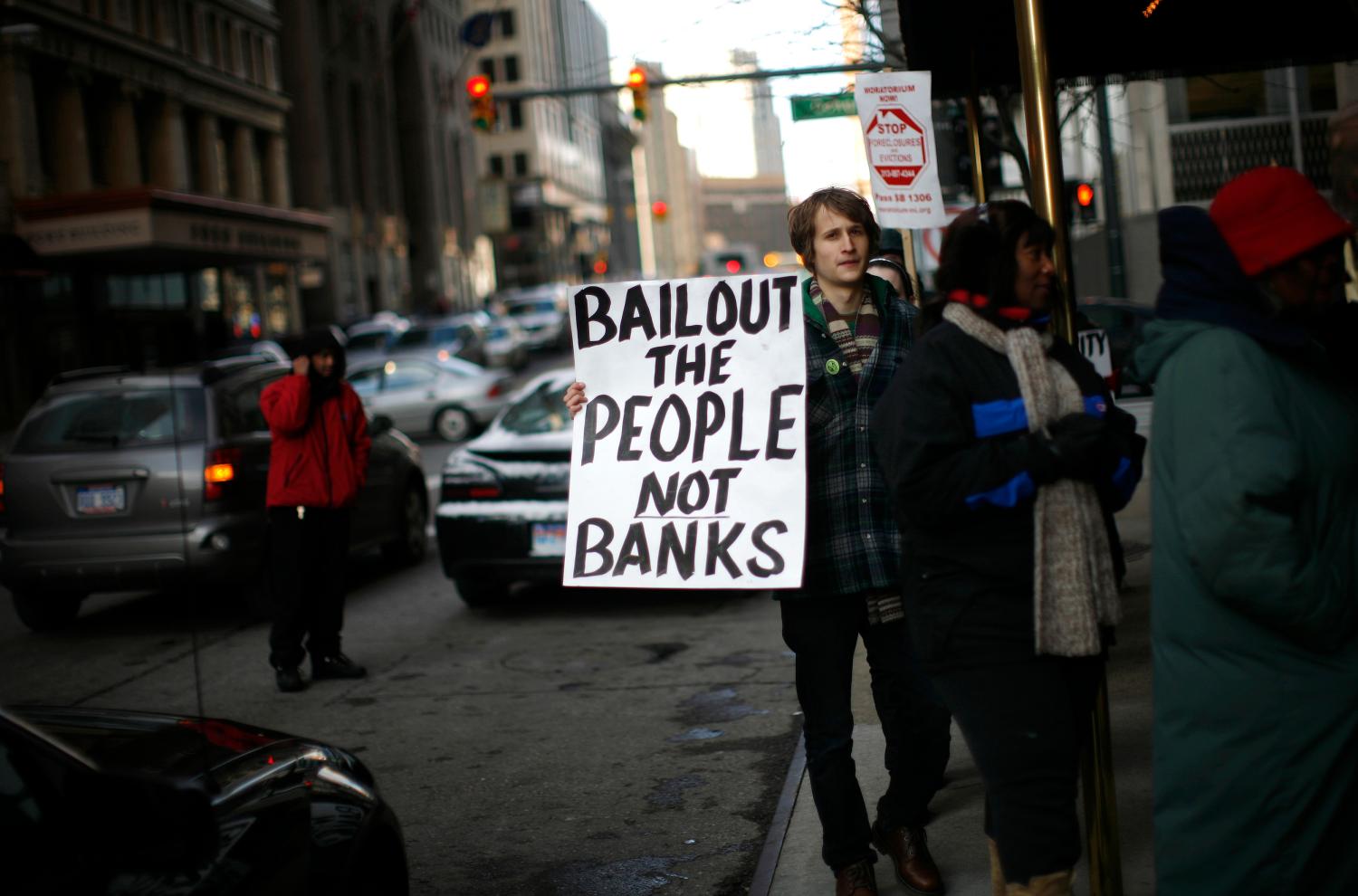EXECUTIVE SUMMARY
The ongoing financial crisis that began in 2007 has revealed a fundamental weakness in our financial regulatory system: the absence of a regulator charged with overseeing and preventing “systemic risk,” or the risks to the health of the entire financial system posed by the failure of one or more “systemically important financial institutions” (SIFIs).
On March 26, the Treasury Department released the first part of its plan to fix the financial system, which concentrates on reducing systemic risk. The Treasury’s suggestions, if enacted into law, would go a long a way toward achieving this objective. One of the central elements in the plan is to establish a systemic risk regulator. Treasury did not identify which agency or agencies should assume this job. I address this issue, among others, in this essay on systemic risk.
Ideally, all federal financial regulatory activities should be consolidated in two agencies, a financial solvency regulator and a federal consumer protection regulator, with systemic risk responsibilities being assigned to the solvency regulator. As a second-best option, clear systemic risk oversight authority should be assigned to the Fed. Either of these options is superior to creating a new agency or regulating systemic risk through a “college” of existing financial regulators.
The systemic risk regulator (SRR) should supervise all SIFIs, although the nature and details of this supervision should take account of the differences in types of such institutions (banks, large insurers, hedge funds, private equity funds, and financial conglomerates). The SRR should also regularly analyze and report to Congress on the systemic risks confronting the financial system.
There are legitimate concerns about vesting such large responsibilities with any financial regulator. But as long as there are financial institutions whose failure could lead to calamitous financial and economic consequences, and thus invite all-but-certain federal rescue efforts if the threat of failure is real, then some arm of the federal government must oversee systemic risk and do the best it can to make that oversight work.
While the United States should continue to cooperate with governments of other countries in reforming financial systems, notably through the G-20 process, policymakers here should not wait for international agreements to be in place before putting our own financial house in order.
Read the full paper » (pdf)
The Brookings Institution is committed to quality, independence, and impact.
We are supported by a diverse array of funders. In line with our values and policies, each Brookings publication represents the sole views of its author(s).




